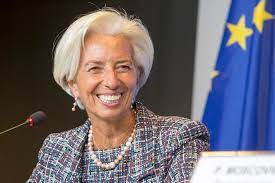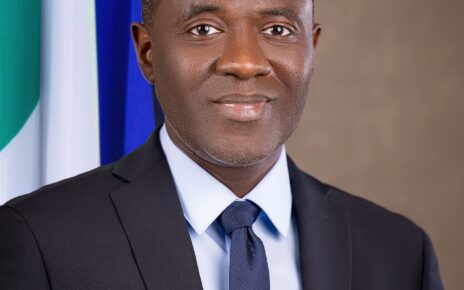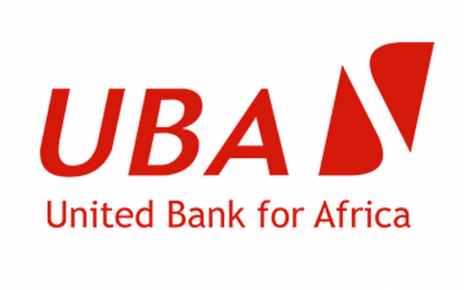The European Central Bank (ECB) on Thursday announced a record rate hike in its three key interest rates by 75 basis points in its efforts to curb rising inflation across the Eurozone countries.
The bank’s Governing Board, stated on the monetary policy measure that “this major step frontloads the transition from the prevailing highly accommodative level of policy rates towards levels that will ensure the timely return of inflation to the ECB’s 2% medium-term target.
“Over the next several meetings the Governing Council expects to raise interest rates further to dampen demand and guard against the risk of a persistent upward shift in inflation expectations”, it added.
The latest policy step sees the ECB follow in the policy footstep of the US Federal Reserve which carried out two jumbo rate hikes of 0.75 points in June and July and comes barely over a month after the ECB operated its first increase in 11 years by a larger-than-expected 0.5%.
Addressing the media on the Board’s decision, the ECB President, Christine Lagarde, maintained that any further interest rate increase would be “data dependent and follow meeting by meeting approach”
Lagarde also highlighted that the spiking inflation was dampening spending and production even as global demand is also weakening partly due to tighter monetary policy worldwide.
She pointed out that “uncertainty remains high and confidence is falling sharply” particularly due to the war in Ukraine and possible further energy supply disruptions.
The former International Monetary Fund (IMF) Managing Director also noted that although the labour market remained robust over the past few months, the slowing economy is “likely to lead to some increase in the unemployment rate.”
The ECB, which over the past months tried to keep inflation at around 2%, has revised up its forecast and now expects inflation to average 8.1% this year before starting a dip and possibly settle at 5.5% in 2023 and 2.3% in 2024.
By its mandate, the ECB, like other central banks globally, is to keep inflation under control and one of the main tools at its disposal is interest rates through which they can make the cost of borrowing — and therefore spending and investing — either cheaper or more expensive.
However, there are usually associated risks in hike in interest rates as they could lead to slower growth as consumers and businesses may react by delaying spending.
News reports indicate that inflation across the Eurozone 19 countries peaked at a record high 9.1% in August, spurred by surge in energy, but more particularly in gas, prices.




